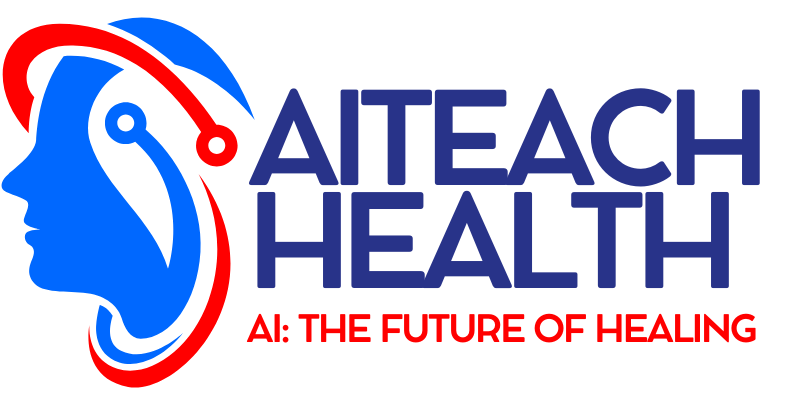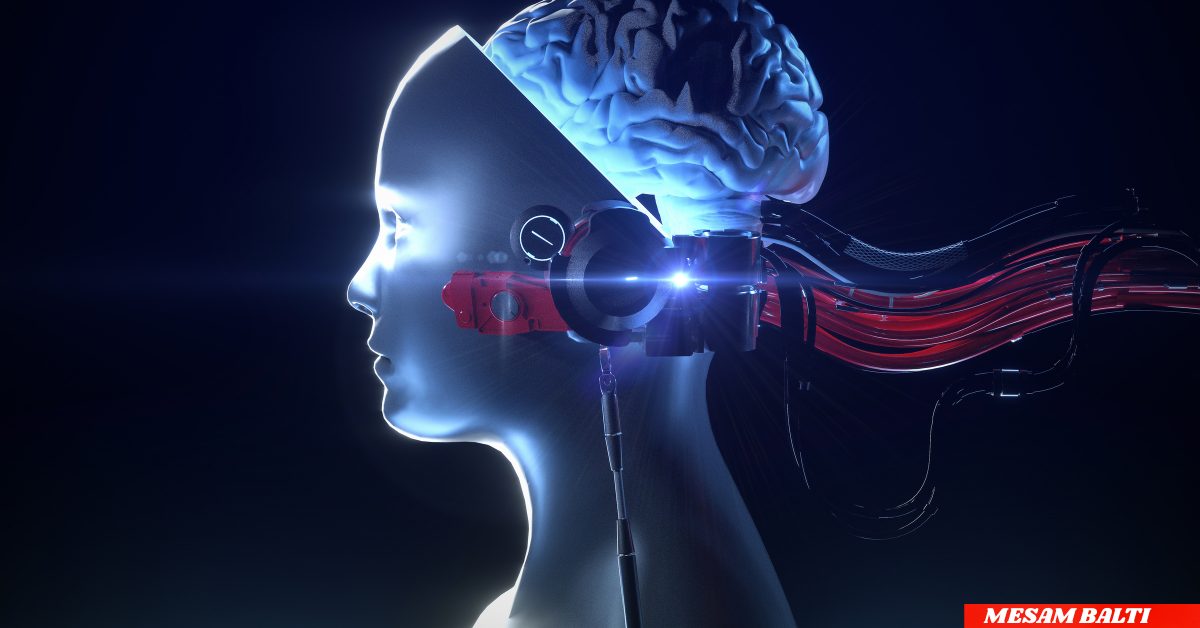Introduction: The Arrival of AI in Medicine
Picture a world where diseases can be detected before you even experience symptoms, treatments are specifically tailored to you and your genetic make-up is available to doctors up front when you’re born. This is not science fiction — this is reality as to how AI is transforming medicine. AI is transforming health care – prompting revolutions that enhance accuracy, efficiency and results. From predictive diagnostics to robotic procedures, AI is revolutionizing medicine in 2025. Let’s unpack the ways A.I. is transforming medicine and what it means for the future.
The Use of AI in Medical Diagnosis
Early Detection Through Machine Learning
Smart diagnostic tools, thanks to AI, are changing how we diagnose diseases. Machine learning algorithms scour troves of data — medical images, patient records and even, recently, genetic profiles — for patterns associated with disease. For example, A.I. systems have been shown to identify early signs of cancer in mammograms with a high rate of accuracy, rivaling or outperforming radiologists.
Case Study: In 2023, Google Health’s AI model was able to detect breast cancer in mammograms with 94% accuracy, decreasing the false negative rate by 9.4% as compared to human radiologists.
How It Works: AI combs through images on a pixel-by-pixel basis and identifies anomalies that clinicians can review further, saving both time and lives.
Predictive Analytics for Preventive Care
AI doesn’t just diagnose—it predicts. Using patient data, AI tools predict health risks so preventive measures can be taken. For instance, there are algorithms that can use lifestyle, vitals, and genetic markers to predict the risk of a heart attack.
Real-World Application: AI is employed in hospitals to closely track ICU patients, which predicts sepsis as much as 48 hours in advance and increases the likelihood of surviving.
AI-Powered Personalized Medicine
Tailoring Treatments with Precision
Because of AI, personalized medicine is no longer a dream. By studying genetic data, A.I. designs treatments for individual patients. Called precision medicine, it means treatments are far more effective and far less likely to harm patients.
Take a look: AI platforms such as IBM Watson crunch genomic data to suggest cancer treatments, pairing patients with the most effective therapies for them, based on their DNA.
Benefits:
- Reduced trial-and-error in treatment plans.
- Better outcomes for chronic diseases such as diabetes and cancer.
Drug Discovery at Lightning Speed
It used to take decades and billions of dollars to develop new drugs. AI is cutting both time and cost. Machine learning models replicate how compounds work on diseases, speeding up the search for promising candidates.
Case Study: In 2024, DeepMind’s AlphaFold cracked protein folding, a problem that has had researchers stumped for decades, speeding the discovery of drugs for diseases like Alzheimer’s.
Impact: In some instances, AI-enabled drug discovery has reduced development times to as little as 50%.
Enhancing Patient Care with AI
Virtual Health Assistants and Chatbots
AI-fueled chatbots are changing patient communication. These virtual assistants answer questions, make appointments and remind patients to take their medicine, facilitating access to care.
Example: An AI chatbot from Babylon Health triages symptoms, leading patients to the appropriate care while saving stress and pressure on health systems.
Why It Matters: Chatbots provide around-the-clock assistance, which is especially useful in underserved regions with a shortage of doctors.
Remote Monitoring and Wearables
Wearable tech combined with AI is enabling patients to take control of their health. Smartwatches and sensors monitor vital signs such as heart rate and glucose levels in real time, feeding data to doctors.
Real-World Example: Fitbit AI algorithms identify abnormal heart rhythms and send alerts for possible atrial fibrillation, a leading cause of stroke.
Advantages:
- Continuous monitoring for chronic conditions.
- Early signals of health neglect.
AI in Surgical Precision and Robotic Devices
Robotic Surgeries with Unmatched Accuracy
AI-powered robot systems that aid in surgery and enable precision in complicated surgery. These platforms process data in real time, leading the surgeons with unprecedented precision.
Example: AI and the da Vinci Surgical System changes the game for minimally invasive surgery, which reduces recovery time and complications.
Key Benefits:
- Less blood loss and smaller incisions.
- Quicker healing of patients and shorter length of hospital stay.
Training Surgeons with Virtual Reality
So, how is AI virtual reality (VR) transforming surgical training? VR simulators help doctors rehearse procedures in a low-risk environment, honing their skills before they treat patients.
Impact: Research has found VR-trained surgeons are 20% faster with less errors than traditionally trained counterparts.
Ethical Considerations and Challenges
Data Privacy and Security
AI requires large sets of patient data, leading to privacy concerns. Compliance to protocols like HIPAA is crucial for building trust.
The answer: Encrypted data storage and anonymous datasets protects patient ID, but it allows AI innovation.
Bias in AI Algorithms
AI systems can carry biases introduced through their training data, and that can result in unfair care. For instance, some of the demographics may be underrepresented in the datasets leading to biased diagnostic accuracy.
Remediation: Need for diverse data sets and algorithm check ups for fair outputs.
The Future of AI in Medicine
The promise of AI in healthcare is immense. What’s in the future: Other developing trends include mental health tools powered by AI, real-time epidemic tracking, and even AI that helps edit genes.
As technology develops we will see:
- More widespread acceptance: Hospitals where artificial intelligence is become more common.
- Cost Savings: AI optimizing processes, lowering healthcare costs.
- GLOBAL MOVES: AI helping to provide healthcare in low resource areas.
Concluding Thoughts: The AI Revolution in Medicine
The rise of AI in medicine has the potential to transform everything from diagnostics to personalized treatments to patient care. Early cancer detection to robotic surgeries, the influence is hard to miss. Amid our ethical struggle, the fact remains that the primary goal is to use AI to save lives and to enhance health. Do you have a point of view or experience in AI and health? Tell us what you think at [email protected].
FAQs
How is AI applied in medical diagnosis?
AI studies medical images, patient records and genetic data to diagnose, treat or prevent diseases, sometimes with better results than human doctors.
Can AI replace doctors?
No, AI is a tool to aid doctors in obtaining data-driven analysis, make more informed choices, and automate the mundane, but human prowess is still a must.
Is AI in medicine safe?
AI, when built with strong privacy checks and fair algorithms, is safe and transformational, with the need for continued oversight.
What is the future of AI in health care?
AI will also be a catalyst for improvements in mental health, global health access and drug discovery, ultimately making medicine more precise and accessible.



